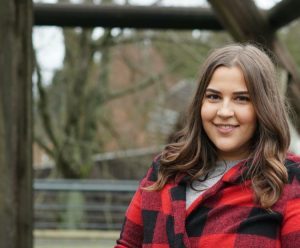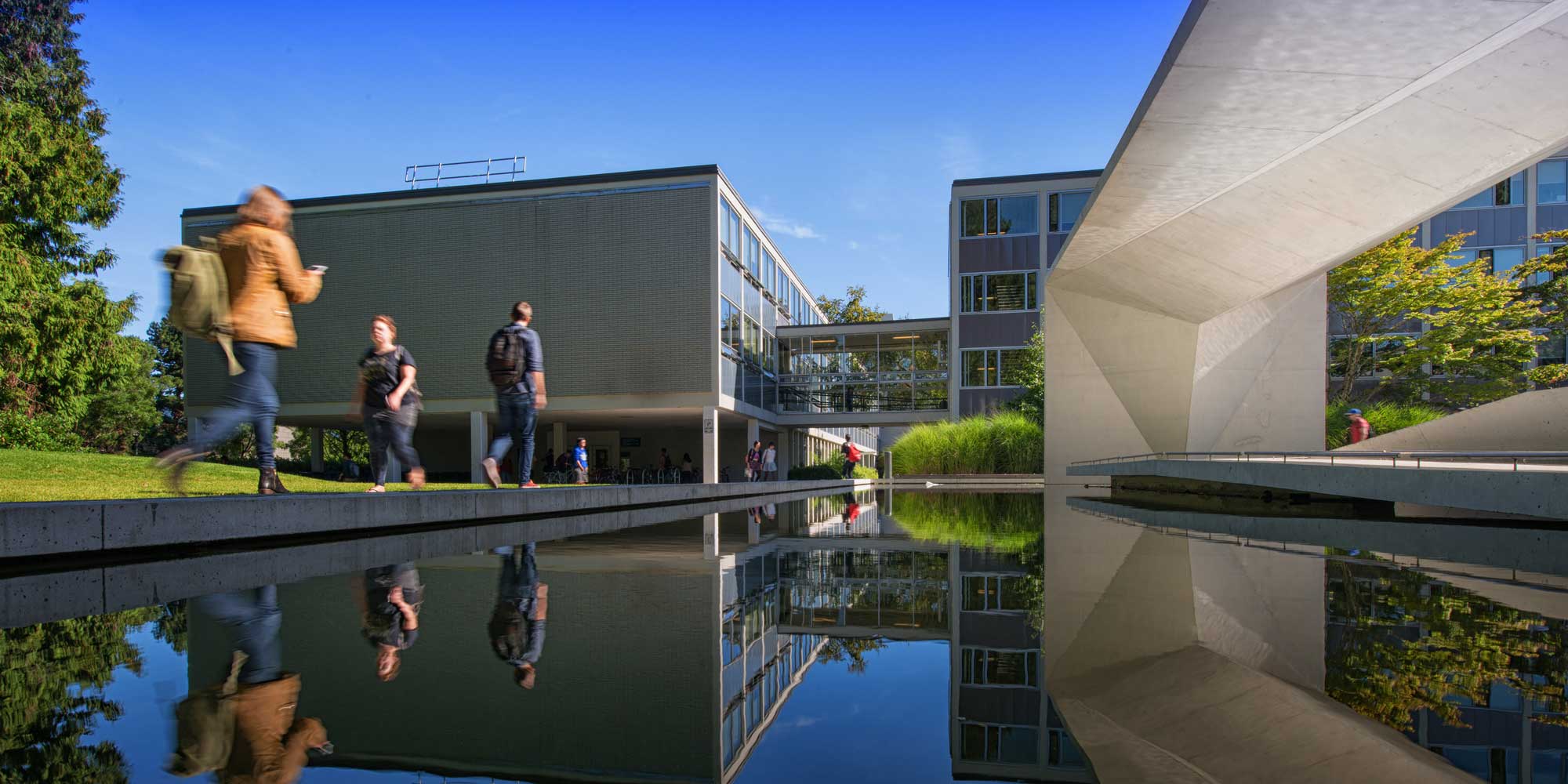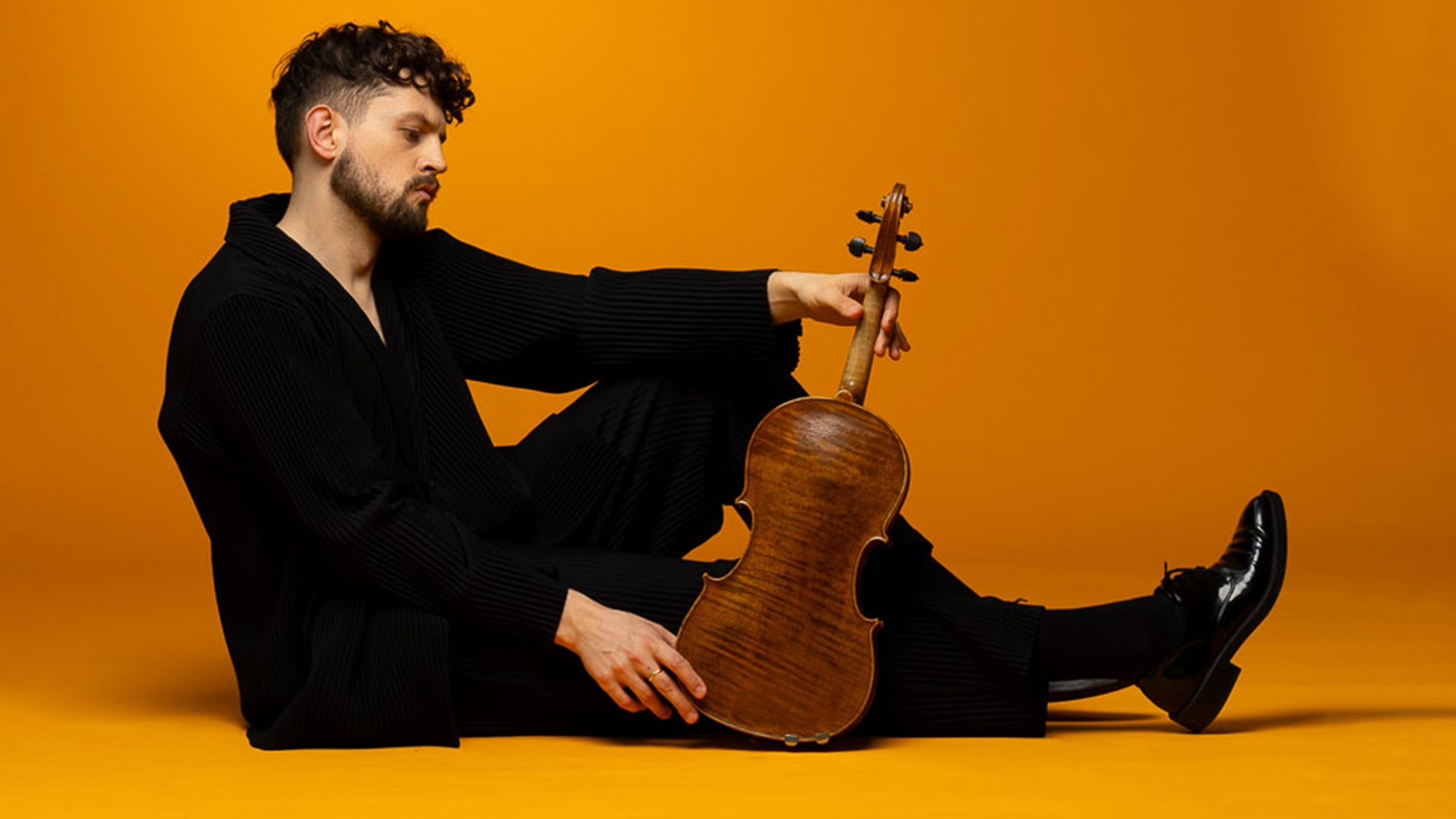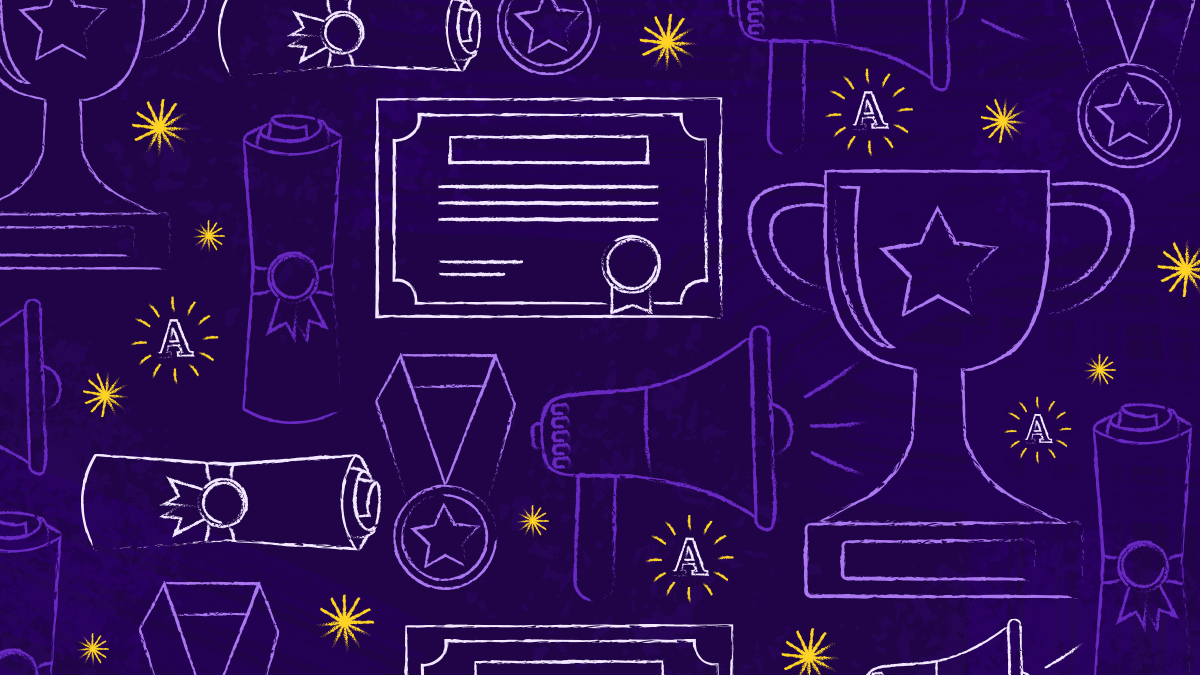Faith Sparrow-Crawford is a 4th year Musqueam student finishing up her major in FNIS. Faith is familiar with the pressures of school, but is a model example of how to follow your passions during your time at university. Faith is also a talented singer and musician, and ASA would like to wish her all the best in her last few weeks at UBC. Read on to learn more about Faith, her advice and her journey with Indigenous London!
What program/specialization are you studying at UBC and how did you choose it?

I am in the First Nations and Indigenous Studies program! I kind of came into FNIS on a bit of a whim. I spent my first two years taking psychology classes, thinking I would major in it. I realized after a bit of time, though, that I didn’t have much of a passion for it. So I decided to declare my major in FNIS even though I had only taken one class in it. I’ve never looked back!
What would you say your biggest success has been at UBC so far?
I think my biggest success at UBC has been gaining a deeper understanding of who I am. I am First Nations from Musqueam and learning the theory of First Nations and Indigenous studies has really given me better insight into who I am and where I come from. It has really brought me closer to my own family and community.
What was the biggest challenge you’ve faced to date and how did you overcome it?
The biggest challenge I’ve faced at UBC is grappling with the emotional aspects of my studies. Because the issues and topics we study in FNIS have a direct connection to Indigenous people’s history and lives it can be emotional and overwhelming. I’m lucky to have such an amazing group of friends and colleagues in the program that have always been so supportive in these instances. Everyone is aware of the sensitivity that comes with studying these topics and provides comfort and support to one another when it becomes a little too much. We are a strong community.
You were one of the students to participate in Indigenous London, can you elaborate more on that experience?
I could talk for days about Indigenous London. It was such an enlightening experience for me. As I said before, I am First Nations. But I am also part English! So being in London learning about Indigenous presence in the heart of the British Empire was a reminder of my two histories. The most eye-opening experience for me was at the Pitt Rivers Museum at Oxford University where we were able to come into close proximity with Indigenous belongings held in the Museum for years. Many Coast Salish belongings were held here, and I felt a deep sense of connection to these pieces as they are part of my ancestry. At the same time, I was confronted with another part of my English history. My grandfather attended Oxford as a young man and I felt a new connected to him. I was confronted with two sides of my history in the same space so far from the place I call home, Vancouver. It was an incredible experience for me.
Do you have any advice for new Aboriginal students at UBC?
Take a few FNIS courses!! UBC has some of the greatest scholars in this field. Soak up all the knowledge you can from them. I feel so blessed to have had the opportunity to learn from all of these brilliant minds and I am sad that my time with them is coming to an end!
What are your plans after graduation?
Honestly, I’m not sure! I’m taking a year off from studies to work and commit some time to my passion, which is singing and making music. In that year I hope to become a little clearer on what I would like to do in future studies. I have my eye on some Masters programs in New Zealand, but anything could happen! Stay tuned!
For more information about place-based studies like Indigenous London, visit the FNIS website. There are a variety of programs offered, such as semesters at Dechinta and Haida Gwaii!


